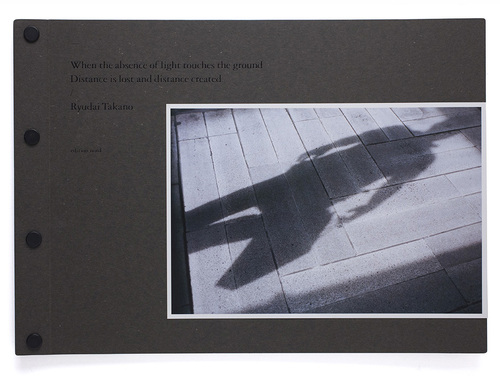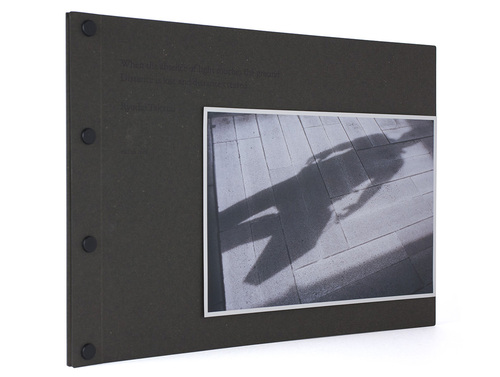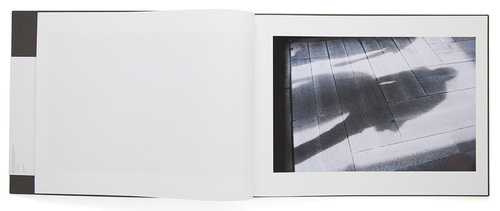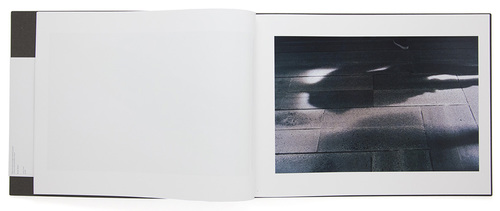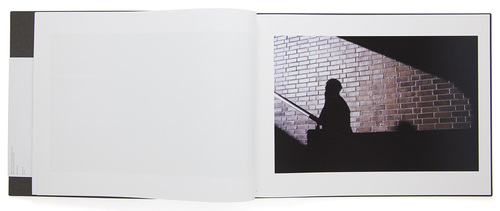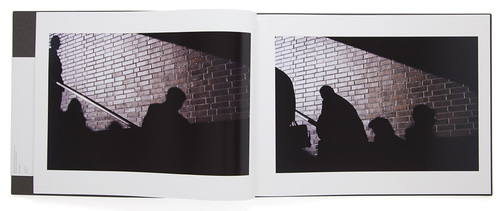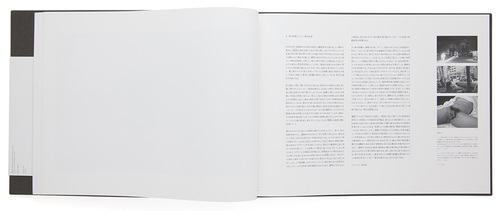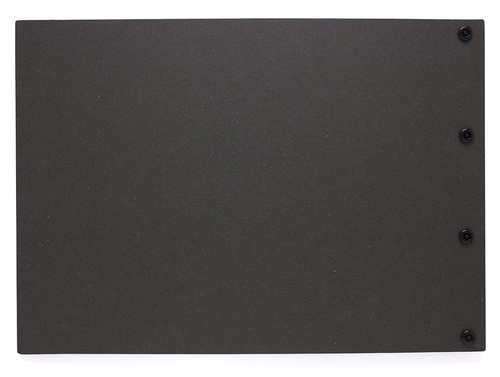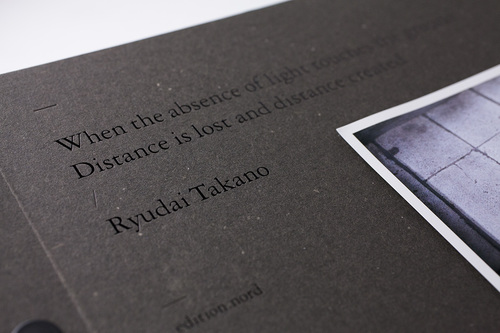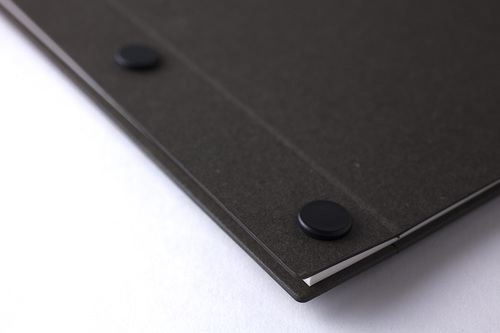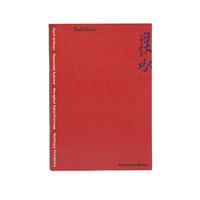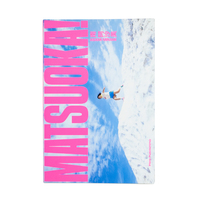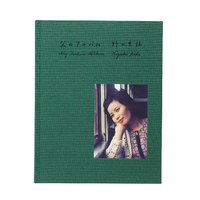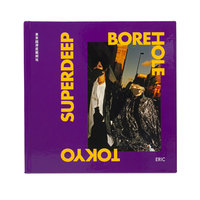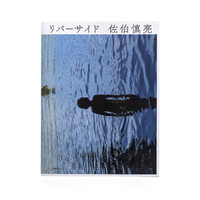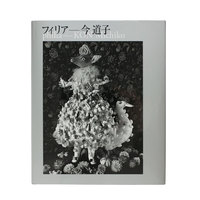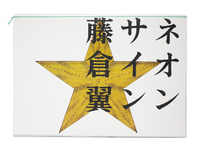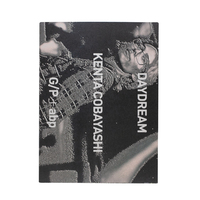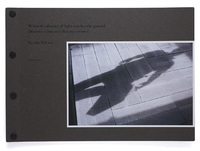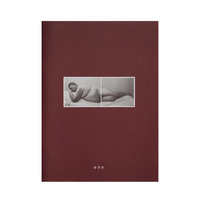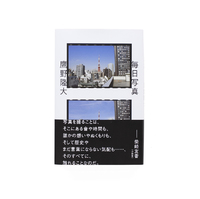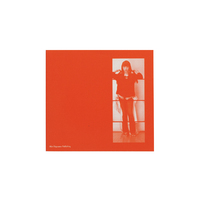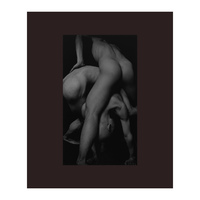When the absence of light touches the ground, Distance is lost and distance created
When the absence of light touches the ground, Distance is lost and distance created
Publisher: edition.nord
2 types belly-band
“When the Absence of Light Touches the Ground, Distance Is Lost and Distance Created” is Ryudai Takano’s 8th photo book, the first in 3 years, presenting his latest works on the theme of “shadows” that he has been focusing on in recent years.
Born in Fukui in 1963, Ryudai Takano is a Tokyo-based photographer known for his male nude photography to question issues of gender, sexuality and relationship with others. At the same time, he has taken photographs of various subjects with an insatiable curiosity about the world where we live. This took the shape of several series, such as “Daily Photos”, a collection of photographs he took every day for 10 years with a compact camera, and “Kasubaba” of helplessly worthless places (Kasu means “junk” in Japanese) chosen from “Daily Photos”.
In the autumn of 2011, still feeling the affects of the earthquake, Takano got started with new series for a solo exhibition without knowing what to shoot. As time passed, while being confused, he felt that something black was following him. “I tried to avoid it, but it stuck fast to me. I felt like the shadow appeared out of nowhere,” he said. “It seemed to exist independently of myself.”
Since then, he started to speculate about “shadows” and went further into the relationship between “shadows and distance”. In his latest works, he has focused on the shadows of people coming and going in a city. On the ground and walls, the shadows create depth as if making holes on a flat surface. With a camera, he intends to capture the transient nature of shadows that disappear before our eyes, and to visualize the distance that appeared there. The process is similar to the duplication of photographs in that the subject in both is shown on a flat surface. These works capturing shadows of city people represent a new approach to connect the two themes of “body” (e.c. “In My Room” “How to Contact a Man”) and “city” (e.c. “Daily Photos” “Kasubaba”). Previously these themes were focused on separately.
― Mikiko Kikuta / Editor
I wonder if it was five or six years ago. That happened when I was bending over to take a photo of a butterfly fallen on the ground. The finder was suddenly shut. Wondering what it is, I left my eyes from the camera and found a shadow of a person passed the finder.
I raised myself up and blankly looked at the shadow going by. It was that moment I perceived the ground becoming a transparent screen and there brought forth a depth quietly. The shadow seemed a three-dimensional object. It was a situation flipped upside down. I was also aware that I was living in that upside-down world with no uncomfortable feeling.
What was I looking at that time? It was like a scenery reflected on the surface of the water, but the crucial fact was that my focus remained fixed on the ground. One cannot see a scenery on the surface of the water by keeping a focus on the water.
The shadow appears if one looks at both places the light reaches and the light is lacked at the same time. If looking at only the dark side, shadow does not appear. That tremendous gap between light and darkness may have led me to see something else, not the ground my eyes must have captured.
In a monochrome negative film, shadow is depicted as a lack of silver. In that sense, shadow makes an excellent similar forms with an inverted image of the negative film. Shadow may be a primitive form of a photograph.
Anyway, I have been clicking the shutter repeatedly since that time to make sure the distance produced by shadow.
― Ryudai Takano
- Book Size
- 257 x 364 mm
- Pages
- 60 pages
- Binding
- Stitch binding / Cardboard cover
- Publication Date
- 2016
- Language
- Japanese, English
- Limited Edition
- 600
- ISBN
- 978-4-908435-06-5
